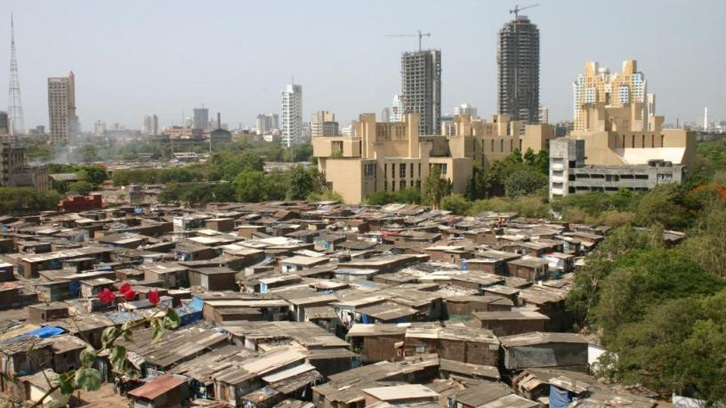Does inequality cause underdevelopment?

During the last decades we have seen how inequality has risen in many countries of the world. Spain has not been an exception, rather the opposite: Spain is one of the OECD (Organization for Economic Co-operation and Development) countries where inequality has grown the most. Should these increases in inequality worry us? If so, should they worry us just for a matter of social justice, or for something else?
In their article published recently in the journal Sustainable Development, David Castells-Quintana of the UAB, along with Vicente Royuela and Fabian Theil of the UB, have studied the evolution of inequality for almost all the countries of the world during the last three decades. In doing so, they have also studied the evolution of the Human Development Index (HDI). The HDI, published regularly by the United Nations Development Program (UNDP), is an index that combines information on per capita production, education and health. This index is nowadays a very recognized international measure to measure the level of development of countries. The detailed analysis of the data carried out by Castells-Quintana and co-authors in their article shows that income inequality is a determining factor in explaining human (sub) development.
Some inequality is good. Without it, the incentives for investment, for the accumulation of capital (both physical and human), the effort and the necessary risk taking, would disappear. But when inequality reaches high levels, its costs start to skyrocket. A high inequality is not only undesirable for ethical reasons; it can also be disastrous in socio-economic terms. A high level of inequality demoralizes the citizens who suffer it (the poor), reducing their incentives to increase their productivity, for example, by studying or trying harder. Moreover, high inequality ends up affecting everyone. Inequality breaks social cohesion, generates social conflict and leads to political conflict (even violent), populism (both right and left), corruption and wrong policies. Thus, inequality leads to institutional underdevelopment, and this reinforces the dynamics of income concentration.
In their article, the authors show that as countries experience greater inequality, this does not only affect their economic performance, but also deteriorates their educational and health levels. In short, the authors show that inequality causes human underdevelopment. Thus, what is highlighted in the article is that the fighting inequality is a strategy to achieve not only a more cohesive but also more prosperous society.
Universitat Autònoma de Barcelona
References
Castells-Quintana, David & Royuela, Vicente & Thiel, Fabian. (2018). Inequality and sustainable development: Insights from an analysis of the human development index. Sustainable Development. DOI: 10.1002/sd.1917.


